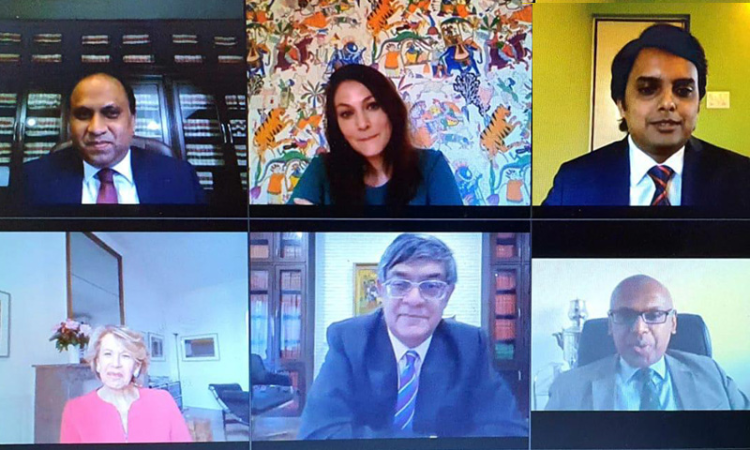The second in the series of webinars organised by the UNCITRAL National Coordination Committee, India (UNCCI) and the Faculty of Law, Manav Rachna University on contemporary issues in international law was held on 16 May 2020. The discussion was on "Investor State Dispute Settlement: Thesis, Anti-Thesis and Possible Synthesis". A panel of eminent speakers comprising Dr. Gabrielle...

